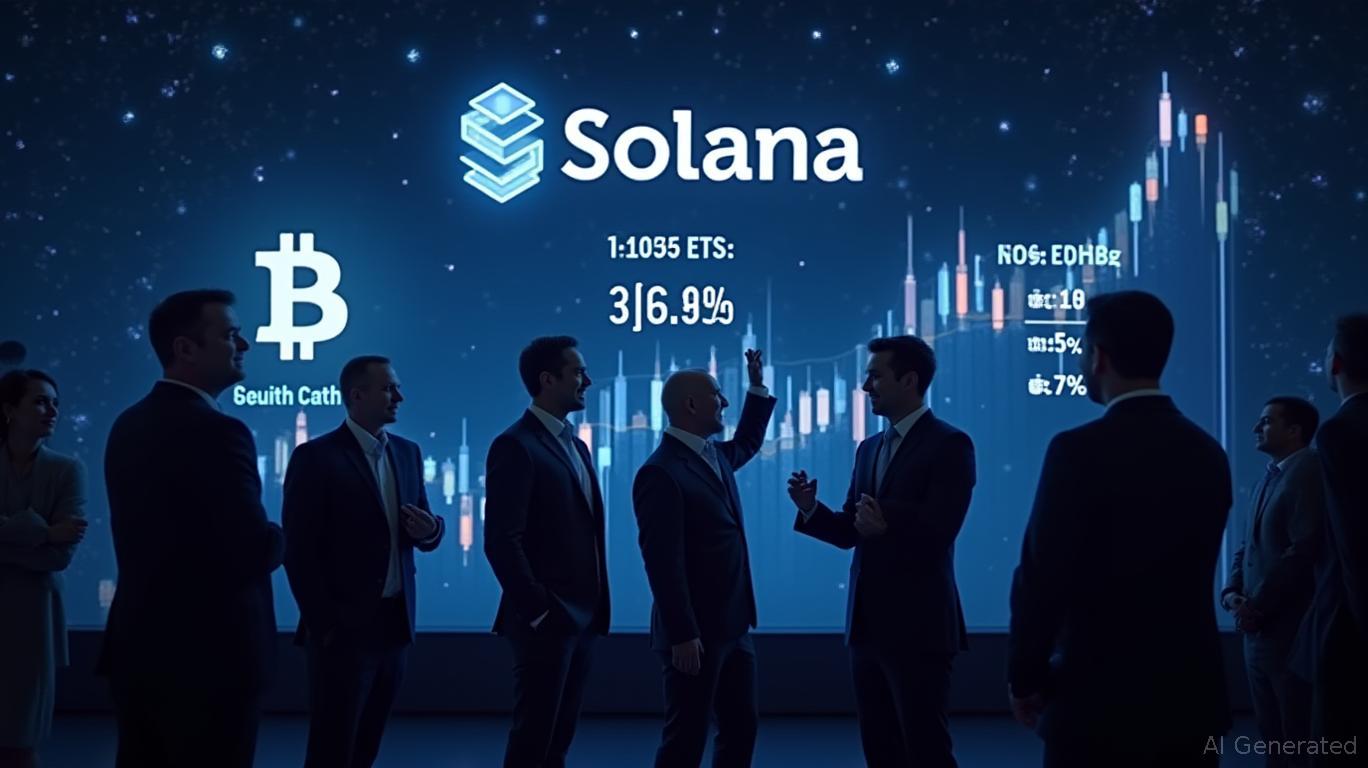Ozer’s Passing Sparks Renewed Demands for Tighter International Cryptocurrency Regulation
- Faruk Fatih Ozer, Thodex founder, was found dead in prison on Nov 1, 2025, amid suicide investigation. - He served 11,196 years for a $2.6B crypto fraud, exposing systemic risks in unregulated exchanges. - His death reignited global calls for stricter crypto oversight and transparency in regulatory frameworks. - Turkish authorities introduced new regulations, but critics highlight ongoing gaps in investor protections.
Faruk Fatih Ozer, who established and previously led the now-defunct Turkish crypto exchange Thodex, was discovered deceased in his jail cell on November 1, 2025. Authorities immediately began investigating whether the 32-year-old’s death was a suicide. Ozer had been sentenced to 11,196 years in prison for masterminding a $2.6 billion fraud, which ranks among the most significant crypto scams ever recorded, according to a
Ozer, who left school before graduating high school and gained fame as Thodex’s founder, escaped to Albania following the platform’s sudden closure in April 2021, which left 390,000 users unable to access their funds. He was apprehended in Albania in August 2022 and later extradited to Turkey, where he was found guilty of fraud, money laundering, and leading a criminal group, according to

The Thodex scandal revealed deep-rooted weaknesses in the cryptocurrency industry. Prosecutors initially assessed the losses at $24 million, but Turkish news sources and blockchain analytics firm Chainalysis later raised the estimate to $2.6 billion, as detailed by CryptoTimes. During Ozer’s trial, it was alleged that he diverted $253.71 million in crypto assets through fraudulent means, transferring the money into wallets he controlled—a detail later emphasized in Bitget’s reporting. The incident highlighted the dangers of unregulated exchanges, with critics pointing to a lack of transparency in the investigation and inconsistencies between the original and updated loss figures, as reported by Bitget.
Ozer’s passing has fueled ongoing discussions about safeguarding investors in the digital asset market. Turkish regulators have since enacted new rules, but the episode continues to serve as a warning for authorities globally. “The Thodex affair demonstrates the pressing need for comprehensive regulation to avert similar disasters,” commented an industry expert, reflecting the views of lawmakers and financial professionals cited by CryptoTimes. The probe into Ozer’s death is ongoing, with officials reviewing prison conditions and the mental health of inmates serving lengthy sentences—an issue also brought up in Bitget’s reporting.
---
Disclaimer: The content of this article solely reflects the author's opinion and does not represent the platform in any capacity. This article is not intended to serve as a reference for making investment decisions.
You may also like
Bitcoin Updates: Swiss Crypto Lending Offers 14% Returns Alongside Bank-Backed Insurance
- Swiss crypto lender Fulcrum offers 14% APR on stablecoins with Lloyd's insurance and FINMA regulation. - Platform uses 50% LTV over-collateralization and institutional-grade security to mitigate market risks. - Targets inflation-hedging investors by bridging traditional finance gaps with insured crypto yields. - Competes with alternatives like Bitget's zero-interest loans but emphasizes regulatory compliance and capital preservation.

Bitcoin News Update: Analyst Highlights How MSTR's Convertible Bonds Prevent Forced Bitcoin Sales
- MSTR's convertible debt structure allows debt repayment via cash, stock, or both, avoiding Bitcoin sales during market downturns. - The company raised €350M through a 10% dividend-bearing euro-denominated preferred stock offering to fund Bitcoin purchases. - Q3 results showed $3.9B operating income from Bitcoin gains, driving a 7.6% stock surge to $273.68 post-earnings. - Risks persist if Bitcoin fails to rally in 2028, potentially forcing partial liquidation amid $1.01B 2027 debt obligations. - MSTR hol

Solana News Today: Solana ETFs Surpass Bitcoin as Staking Returns Attract Institutional Investments
- U.S. spot Solana ETFs (BSOL/GSOL) attracted $199M in 4 days, outperforming Bitcoin/Ethereum ETF outflows. - 7% staking yields drive institutional inflows as investors rotate capital from major crypto assets. - Despite ETF success, SOL price fell below key support levels, raising concerns about $120 price floor. - Strategic staking and treasury purchases boosted Solana's institutional appeal, with $397M in staked assets. - Market remains cautious as ETF competition intensifies, with Bitwise's BSOL outpaci

Bitcoin News Today: Bitcoin’s Fourth Quarter Surge: Impact of Trade Disputes, Stronger Dollar, and Evolving Global Economic Strategies
- Bitcoin fell nearly 15% in October 2024, its worst quarterly start since 2022, driven by U.S.-China trade tensions, dollar strength, and macroeconomic caution. - A 100% U.S. tariff on Chinese imports and Fed rate-cut delays exacerbated selloffs, triggering $1.3B in liquidations during a flash crash below $103,000. - Key support levels at $107,000 and $101,150 face retests as traders warn of further declines, with market cap dropping below $3.6T amid fragile liquidity. - Wintermute denied Binance lawsuit
